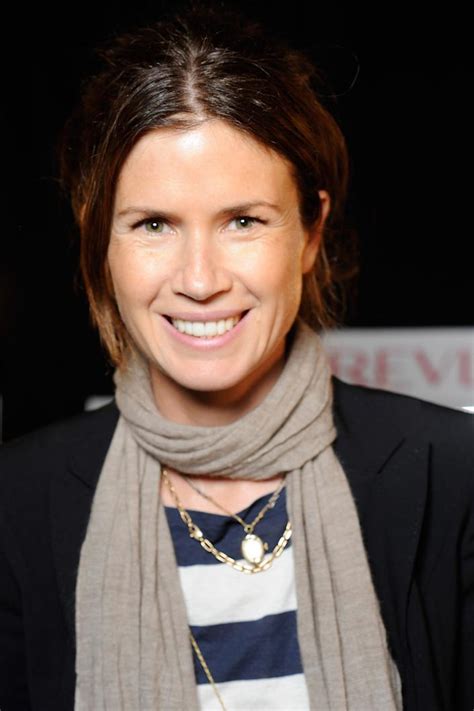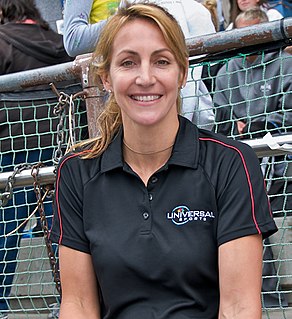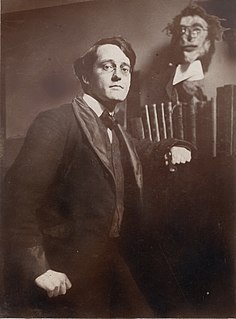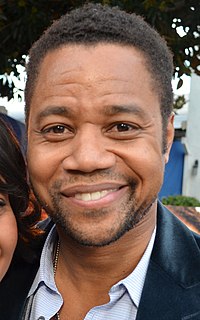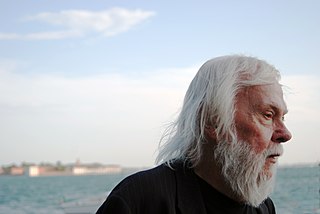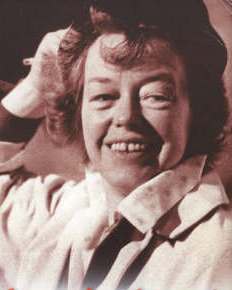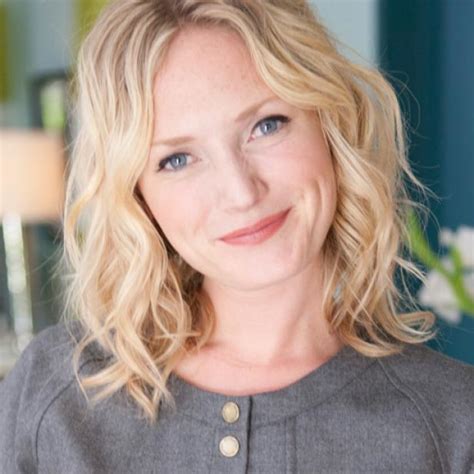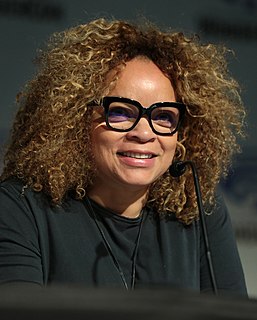A Quote by Denzel Washington
As an actor, you're a color of paint on someone else's palette. But as a director, it's your canvas and you make the painting you want to make.
Related Quotes
I've always thought for myself, that's something I want to focus on - color palette and the use of color. Rather than using it in a way that other makeup artists might, I try to enhance the color palette with the girl to really bring out her sickest features and make her look absolutely the best she can.
I always get into arguments with people who want to retain the old values in painting - the humanistic values that they always find on the canvas. If you pin them down, they always end up asserting that there is something there besides the paint on the canvas. My painting is based on the fact that only what can be seen there is there... What you see is what you see.
What does it mean for a painter to paint in the manner of So-and-So or to actually imitate someone else? What's wrong with that? On the contrary, it's a good idea. You should constantly try to paint like someone else. But the thing is, you can't! You would like to. You try. But it turns out to be a botch... And it's at the very moment you make a botch of it that you're yourself.
Choose what you want to do – or watch someone else doing it. Learn how to handle tools, paint, babies, machinery, or just listen to your favourite tune. Dance, talk or be lifted up to where you can see how other people make things work. Sit out over space with a drink and tune in to what's happening elsewhere in the city. Try starting a riot or beginning a painting – or just lie back and stare at the sky.
Help people to meditate, because there is nothing more creative than meditation. Each art and each creativity can be tremendously enhanced by meditation. If somebody is a painter and he starts meditating, his painting will have a sudden jump, it will become tremendously profound - because whatsoever you paint reflects your mind. If the mind goes deeper, your painting will go deeper. You paint your mind. What else can you paint? You paint yourself.
Every single painting is different. I'm always trying to figure out what I'm interested in. Usually when I go through and I make the collages or the images for ideas that I want to paint, it's like an Ouija board. Each painting I do is trying to understand what the hell I'm looking at, or want to look at.
My favorite part about costume designing is the artistry of the job. You meet with a director and a visionary to discuss ideas. You research the characters and figure out the components of their look through your own vision. You create a color palette for a film, television or stage medium and discuss it with the director of photography who then lights your colored subjects.


